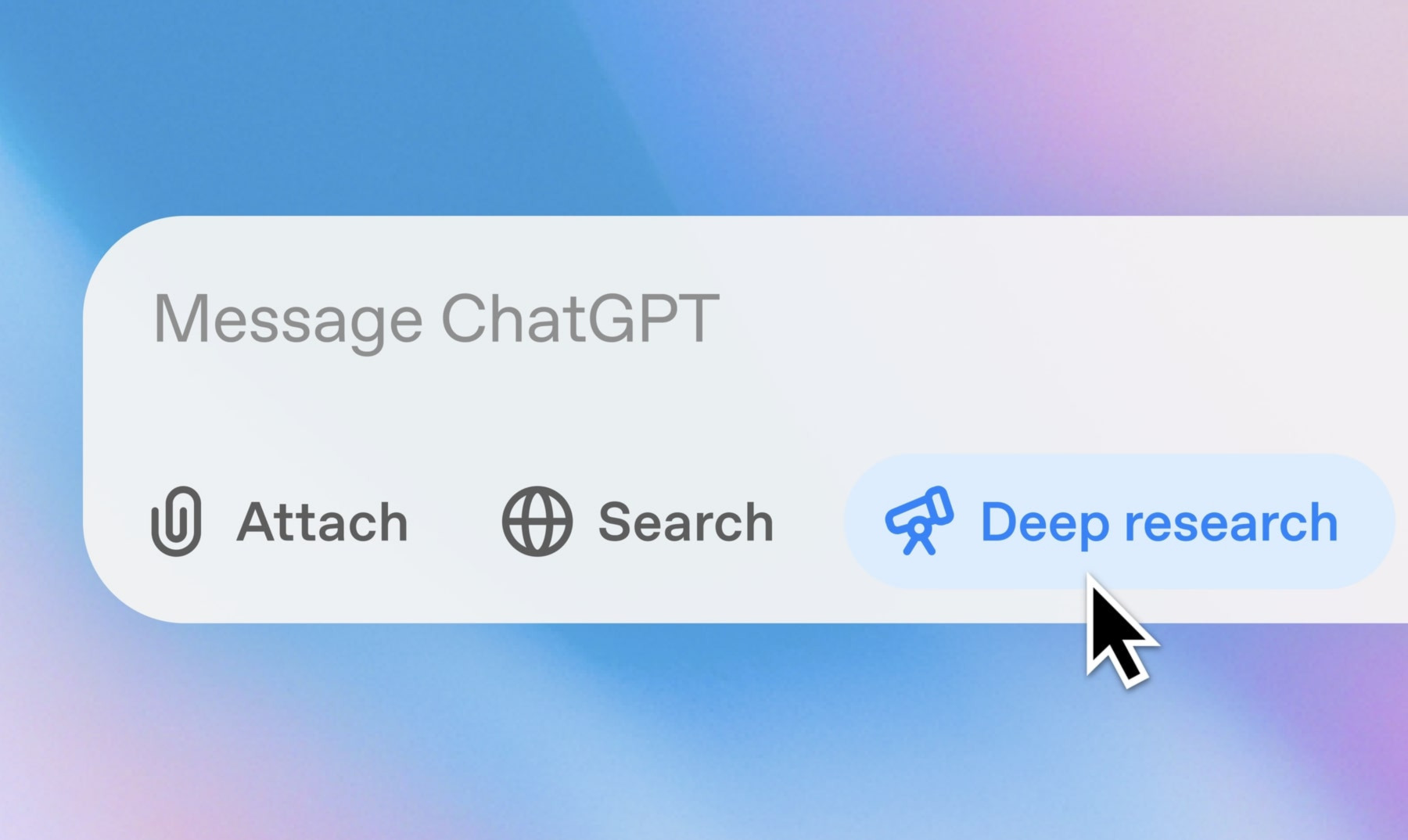Google is joining the push to weaponize AI

Images: Aris Messinis/AFP | Alexander Atamano
The next live-action sequel in the Terminator franchise could soon play out in real time.
Google updated its ethical guidelines around AI this week, removing a company-wide pledge to avoid using the technology to develop potentially harmful products like weapons or surveillance.
- This pledge dates back to Google’s first AI principles published in 2018, which came after employees protested a contract with the Pentagon applying algorithms to analyze drone footage.
- In a blog post, top Google officials said the change stems from the belief that “companies, governments, and organizations sharing [core democratic] values should work together to create AI that protects people, promotes global growth, and supports national security.”
AI is already being adapted for the battlefield
Google’s previous restrictions on using AI for national security applications had made it an outlier among major competitors.
- OpenAI is working with military manufacturer Anduril to develop technology for the Pentagon.
- Anthropic has partnered with defense contractor Palantir to help US intelligence and defense agencies access versions of its chatbot Claude.
- Tech giants Microsoft and Amazon have long partnered with the Pentagon, including on AI-related projects.
🤖 Use cases abound: As of last spring, the US military’s AI-controlled fighter jets were “roughly even” in skill level compared to experienced human pilots not named Pete “Maverick” Mitchell, according to Air Force Secretary Frank Kendall. Additionally, a wide range of low-cost drones can use AI image recognition to identify and surveil targets – or blow them up.
Outside of aircraft, the US military and its contractors have spent billions developing experimental submarines, tanks, ships, and other technology that use AI to pilot themselves and shoot – including robot dogs armed with rifles.
Share this!
Recent Science & Emerging Tech stories

Science & Emerging Tech
| February 4, 2025OpenAI’s latest model is a personal research assistant
🤖 OpenAI on Sunday unveiled Deep Research, a new AI agent that’s capable of conducting complex, multi-step online research into a variety of topics (a DeepSeek, if you will).

Science & Emerging Tech
| January 30, 2025The origins of life are becoming clearer
☄️🧬 Samples from the near-Earth asteroid Bennu, which were recently collected by NASA, contain a wide assortment of organic molecules – including many of the crucial building blocks of life.

Science & Emerging Tech
| January 28, 2025Inside the push to ban ads from space
The American Astronomical Society is calling for a global ban on “obtrusive space advertising” due to the interference it would cause for ground-based astronomy.
You've made it this far...
Let's make our relationship official, no 💍 or elaborate proposal required. Learn and stay entertained, for free.👇
All of our news is 100% free and you can unsubscribe anytime; the quiz takes ~10 seconds to complete